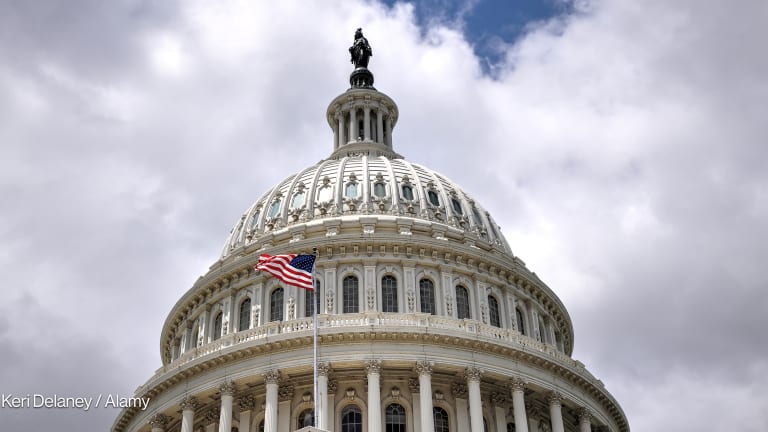U.S. lawmakers introduced legislation Thursday that includes both structural and policy reforms for the U.S. State Department — and hews closely to the reorganization that has been led by Secretary of State Marco Rubio.
The legislation includes a collection of bills authorizing different parts of U.S. diplomatic and development operations, leadership, oversight, and policy, and aims to “fix what was once a broken State Department by reasserting command and control,” according to a press release from Republicans on the House Foreign Affairs Committee.
The committee will debate the text — and any proposed amendments — in a markup scheduled for next week. While Republicans on the committee painted the reauthorization proposals as part of a bipartisan effort that incorporated priorities from both parties, the committee’s top Democrat, Rep. Gregory Meeks from New York, said the minority has been shut out of the process.








